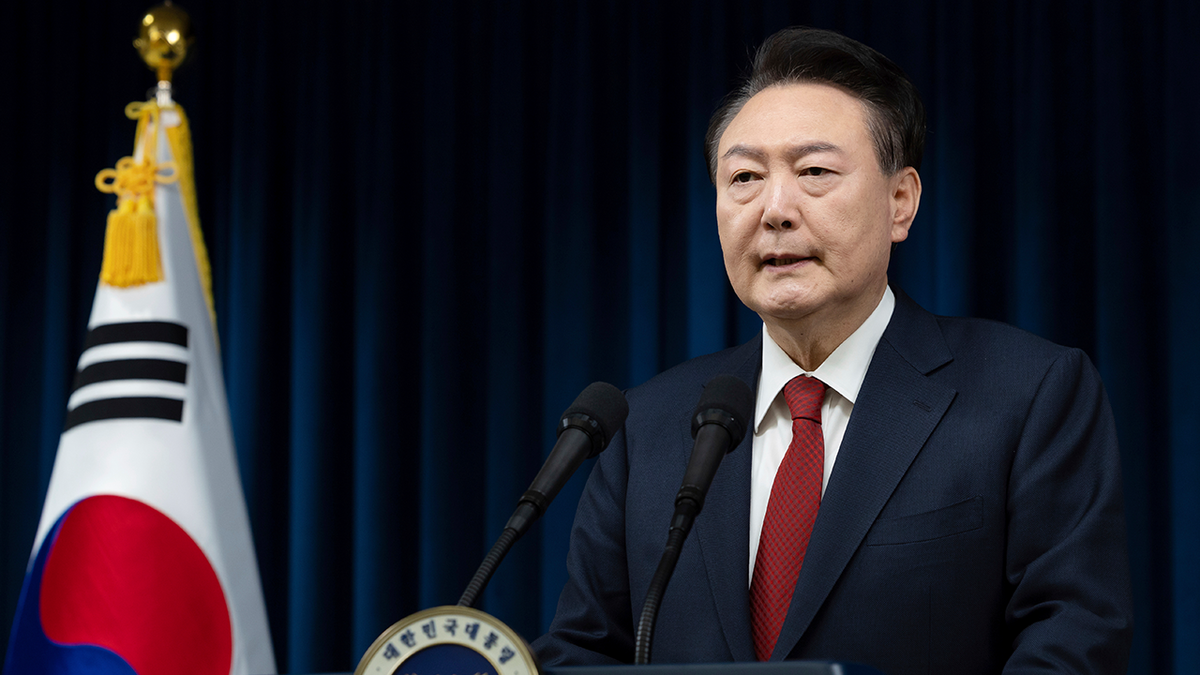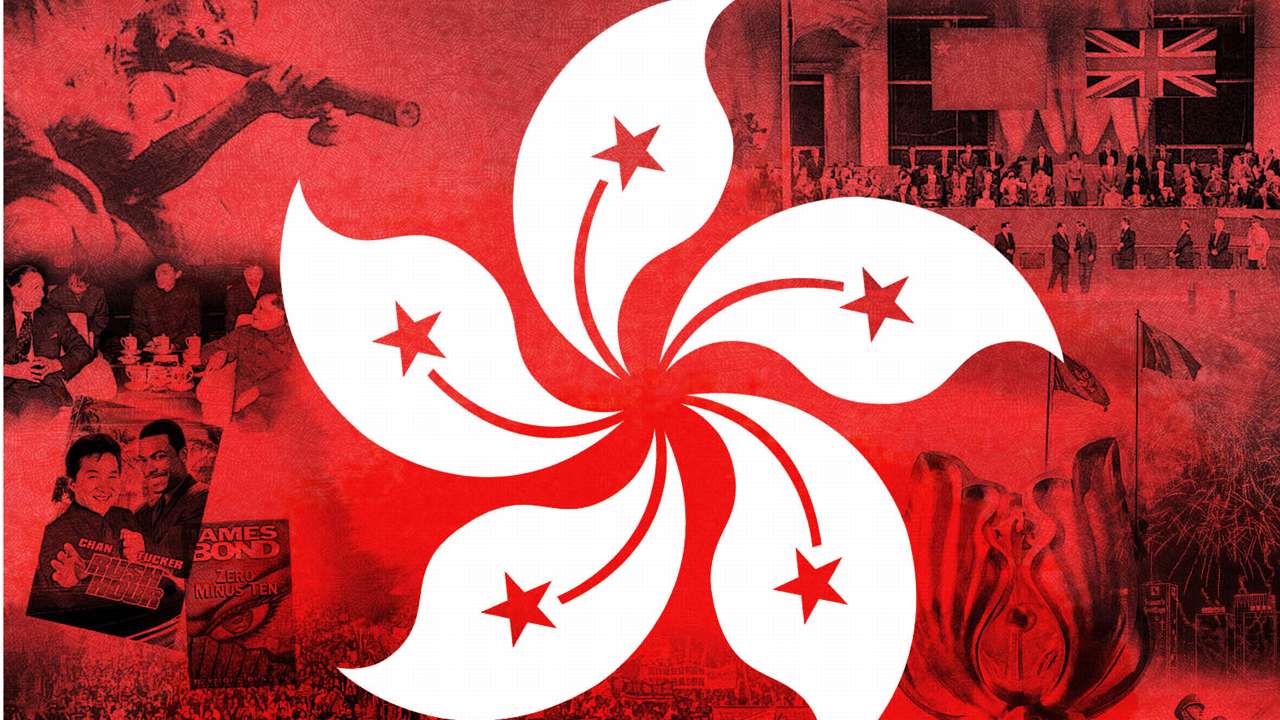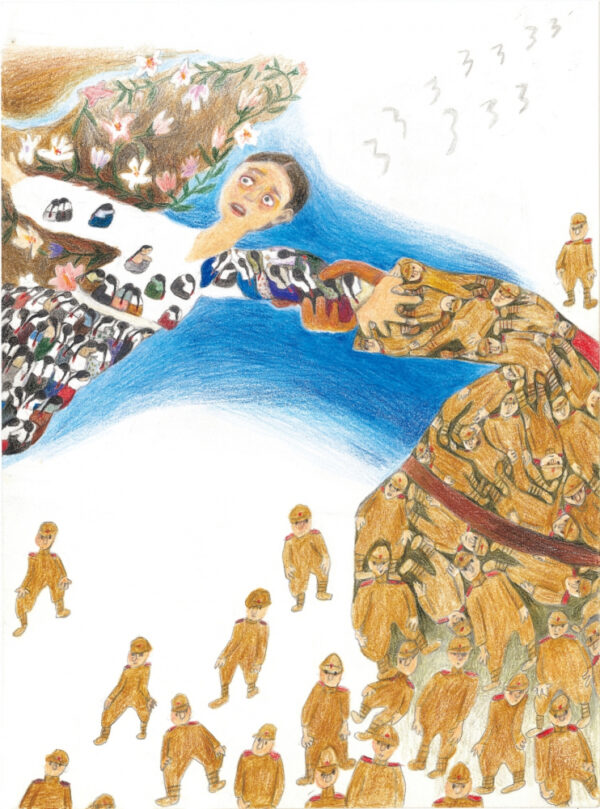At 10:28 PM on the evening of December 3rd, 2024 the South Korean President Yoon Suk-yeol declared total martial law.[1] As I currently live in Seoul, I have been following every development with the utmost focus. My reflections on the shocking events of this night have led to important realizations which bear repeating. For the fourth time in history, and the first time since democratization, Korea was under military rule. The military commander announced the suspension of such basic freedoms as freedom of assembly, freedom of the press, and freedom of association.[2] Military units were to be stationed in Seoul to “keep order” in the capital. However, unlike the successful coup d’etats of Park Chung-hee in 1961 and Chun Doo-hwan in 1980, Yoon failed. His grasp at dictatorial power was smothered by the bravery of lawmakers who prioritized the survival of Korean democracy over their personal safety. Even as the military illegally attempted to blockade the National Assembly and prevent representatives from voting to end martial law, and even as soldiers broke into the offices of elected leaders to arrest them,[3] lawmakers clambered over fences and forced their way into the chamber to cast their crucial votes. The final tally was 190-0,[4] and even though 110 representatives were not present in the chamber, the result was clear. More remarkable than the behaviour of the lawmakers however, was the behaviour of the Korean people. Aides in the National Assembly building fought armed soldiers with fire extinguishers and blocked doorways to prevent them from breaching the chamber and stopping the vote. Thousands upon thousands poured into the streets around the National Assembly building to block the arrival of further troops, putting their bodies on the line for their nation and for democracy.[5] At around 4:30 AM, Yoon conceded to the will of the people and announced that he will end martial law after convening a cabinet meeting.[6]
One thing above all is clear: there will be consequences for those involved in this blatantly illegal seizure of power. Yoon’s impeachment is all but guaranteed, and his prosecution for charges as serious as sedition are likely to follow. Sedition, as a reminder, is the charge which former dictator and general Chun Doo-hwan and his successor Roh Tae-woo were convicted on and carries a sentence of death. In fact, the facts of the case against both Roh and Chun specifically cited their conspiracy to block representatives from fulfilling their duties using military force.[7] Although execution is highly unlikely since it has not occurred in decades in Korea, and Yoon will likely have his sentence commuted to life imprisonment, the symbolic nature of such a conviction will reverberate in the historical record. Yoon will be remembered alongside the worst political criminals in the history of Korean politics, and rightfully so.
However, as content as some may be to bask in the undeniable triumph of democracy over blatant tyranny there are uncomfortable questions about this dark episode which must be answered. How did it come to this, and where does Korea go from here? Truthfully, nobody has the answer to the second question beyond Yoon’s removal and prosecution. As this is written, only minutes have passed since the end of martial law was approved by Yoon’s cabinet. The first, however, bears consideration. Korean democratic institutions have been consistently eroded since the beginning of the Yoon administration,[8] continuing a disturbing trend dating back to at least the Park Geun-hye administration.[9] Attacks on the press, corrupt judicial proceedings, and accusations of treason thrown across the aisle have become commonplace. It is in Yoon’s coup we see the ramifications. In his speech announcing martial law, Yoon cited his reason for doing so as: “eradicating pro-North Korean forces and to protect the constitutional order of freedom,” and that the opposition was engaging in “anti-state activities plotting rebellion.” [10] As mentioned, accusations of treason are not uncommon in South Korean politics, but under Yoon’s administration he has consistently referred to Democratic Party lawmakers as “anti-state” and “pro-North Korean,” and threatened action against the opposition party. Such unfounded and dangerous claims have led to a spike in political violence, including an assassination attempt on the leader of the Democratic Party, Lee Jae-myung.[11] The final straw for Yoon appears to have been the unilateral passage of a budget bill as well as impeachment motions against members of his government, and instead of solving a political problem using political means, he resorted to military force. This too can be explained by the erosion of Korean democratic institutions and the devolution of Korean politics to mud-slinging and hyper-partisanship leading to a rejection of proper democratic processes. Of course, ultimate blame must lie with Yoon and the Defence Minister Kim Yong-hyun, as well as any who enabled this sordid attempt on the sixth Korean Republic. This does not, however, preclude a reasonable critique of the conditions which contributed to Yoon being able to successfully invoke martial law, seemingly expecting to succeed based on a presumed inability of the ruling and opposition parties to unite against him.
While the power of the Korean people won today, a stable democracy does not solely rely on mass mobilization. It was the weakness of existing safeguards and a failure to fully reckon with the legacies of the military dictatorships which gave way to Yoon Suk-yeol’s brazen assault on democracy today. Korean democratic institutions must be strengthened and safeguarded from further executive meddling, regardless of party affiliation. Only then can the people of Korea rest easy knowing they are protected from military dictatorship and martial law by the resilience of the state, and not by the strength of their numbers. Until that day, Koreans should take pride in their accomplishment today and remain ever-vigilant and involved in the political process, remembering that apathy is the death of democracy.
A guest author, Alexei Wasylucha is a second-year undergraduate student at the University of Toronto majoring in Peace, Conflict and Justice and minoring in Political Science and East Asian studies. He is currently studying at Seoul National University and studying Politics and International Relations during his time there. His main fields of interest are Korean history and politics, with a particular focus on modern and contemporary Korean political and economic history, as well as international relations.
Footnotes
Yoon Jeon-Jeong, “[타임라인] 윤 대통령, 비상계엄 선포 진행 상황,” The Hankoryeh, December 4th, 2024, https://www.hani.co.kr/arti/politics/politics_general/1170618.html.
Lee Minji, “Martial law command announces decree banning political activities,” Yonhap News, December 4th, 2024, https://en.yna.co.kr/view/AEN20241203014351315?section=national/defense.
Go Han-sol, “민주 ‘계엄군, 이재명 체포·구금 시도…한동훈·우원식 체포조도’,” The Hankyoreh, December 4th, 2024, https://www.hani.co.kr/arti/politics/assembly/1170667.html.
Go Han-Sol, Go Gyeong-ju, and Jeon Gwang-joon, “‘재석 190, 찬성 190’…계엄군 국회 진입 속에도 ‘절차’ 지킨 국회.” The Hankyoreh, December 4th, 2024, https://www.hani.co.kr/arti/politics/politics_general/1170680.html.
Lee Ji-hye, “‘계엄 해제, 윤석열 체포’…국회 앞 시민들, 계엄군 온몸으로 막았다,” The Hankyoreh, December 5, 2024, https://www.hani.co.kr/arti/society/society_general/1170669.html.
Lee Seung-joon, “[영상] 계엄령 6시간 만에…윤 대통령 ‘국무회의 열어 해제하겠다’,” The Hankyoreh, December 4th, 2024, https://www.hani.co.kr/arti/politics/politics_general/1170682.html.
Park Yong-hyun, “국회 의결로 계엄 해제…‘국회 봉쇄’ ‘의원 출입 금지’는 내란죄,” The Hankyoreh, December 4th, 2024, https://www.hani.co.kr/arti/society/society_general/1170632.html.
Tammy E. Kim, “The Worrying Democratic Erosions in South Korea,” The New Yorker, September 30th, 2023, https://www.newyorker.com/news/daily-comment/the-worrying-democratic-erosions-in-south-korea.
Gi-Wook Shin, “South Korea’s Democratic Decay,” Journal of Democracy 31, no. 3 (2020): 100-114. https://dx.doi.org/10.1353/jod.2020.0048; Yongho Cho, “Contentious Civil Society and Democratic Resilience in South Korea,” Global Asia, March 2024. https://www.globalasia.org/v19no1/cover/contentious-civil-society-and-democratic-resilience-in-south-korea_youngho-cho.
Kim Eun-jung, “Yoon declares emergency martial law, accusing opposition of ‘anti-state activities’,” Yonhap News, December 3, 2024, https://en.yna.co.kr/view/AEN20241203012151315.
Kim Yeong-dong, “Lee’s attacker wrote manifesto, stalked Lee before attempted assassination,” The Hankyoreh: English Edition, January 1, 2024, https://english.hani.co.kr/arti/english_edition/e_national/1124010.html.
Bibliography
Yoon, Jeon-Jeong. “[타임라인] 윤 대통령, 비상계엄 선포 진행 상황”. The Hankyoreh, December 4th, 2024. https://www.hani.co.kr/arti/politics/politics_general/1170618.html.
Lee, Minji. “Martial law command announces decree banning political activities.” Yonhap News, December 4th, 2024. https://en.yna.co.kr/view/AEN20241203014351315?section=national/defense.
Go, Han-sol. “민주 ‘계엄군, 이재명 체포·구금 시도…한동훈·우원식 체포조도’.” The Hankyoreh, December 4th, 2024. https://www.hani.co.kr/arti/politics/assembly/1170667.html.
Go Han-Sol, Go Gyeong-ju, and Jeon Gwang-joon, “‘재석 190, 찬성 190’…계엄군 국회 진입 속에도 ‘절차’ 지킨 국회.” The Hankyoreh, December 4th, 2024. https://www.hani.co.kr/arti/politics/politics_general/1170680.html.
Lee, Ji-hye. “‘계엄 해제, 윤석열 체포’…국회 앞 시민들, 계엄군 온몸으로 막았다.” The Hankyoreh, December 5, 2024. https://www.hani.co.kr/arti/society/society_general/1170669.html.
Lee, Seung-joon. “[영상] 계엄령 6시간 만에…윤 대통령 ‘국무회의 열어 해제하겠다’.” The Hankyoreh, December 4, 2024. https://www.hani.co.kr/arti/politics/politics_general/1170682.html.
Park, Yong-hyun. “국회 의결로 계엄 해제…‘국회 봉쇄’ ‘의원 출입 금지’는 내란죄.” The Hankyoreh, December 4th, 2024. https://www.hani.co.kr/arti/society/society_general/1170632.html
Kim, Tammy E. “The Worrying Democratic Erosions in South Korea.” The New Yorker, September 30th, 2023. https://www.newyorker.com/news/daily-comment/the-worrying-democratic-erosions-in-south-korea
Cho, Youngho. “Contentious Civil Society and Democratic Resilience in South Korea.” Global Asia, March 2024. https://www.globalasia.org/v19no1/cover/contentious-civil-society-and-democratic-resilience-in-south-korea_youngho-cho
Shin, Gi-Wook. “South Korea’s Democratic Decay.” Journal of Democracy 31, no. 3 (2020): 100-114. https://dx.doi.org/10.1353/jod.2020.0048
Kim, Eun-jung. “Yoon declares emergency martial law, accusing opposition of ‘anti-state activities’.” Yonhap News, December 3, 2024. https://en.yna.co.kr/view/AEN20241203012151315
Kim, Yeong-dong. “Lee’s attacker wrote manifesto, stalked Lee before attempted assassination.” The Hankyoreh: English Edition, January 1st, 2024. https://english.hani.co.kr/arti/english_edition/e_national/1124010.html








